How to Start Woodworking with No Experience
Curious about woodworking but don’t know where to start? Here’s a friendly guide on how to start woodworking with no experience — plus beginner tips you can actually use.
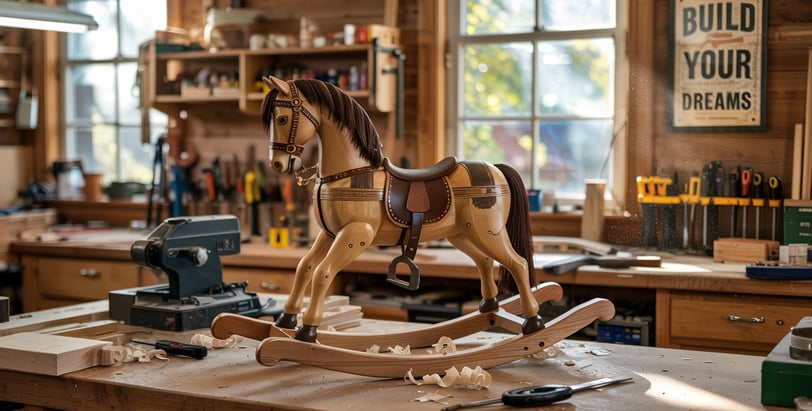

I’ll be real with you — when I first got interested in woodworking, I had absolutely no idea what I was doing. No tools, no skills, nothing. If you’re sitting there wondering how to start woodworking with no experience, honestly, you’re already on the right track. Just being curious is a huge first step. Let’s break it down in a way that actually makes sense and doesn't feel overwhelming.
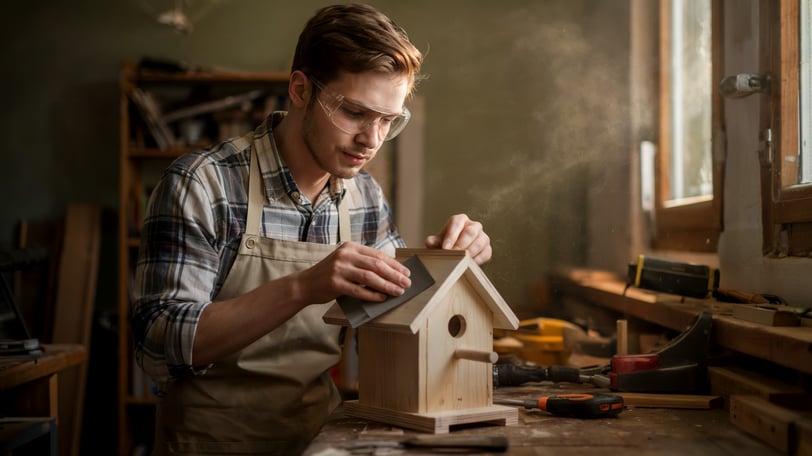

1. Start Small and Simple (Trust Me)
In my opinion, you don’t want to dive into a huge, complicated project right away. I’ve seen people do that and end up quitting because it gets frustrating fast. You want easy wins in the beginning.
Pick simple projects like:
A birdhouse
A little shelf
A basic picture frame
These beginner woodworking projects are perfect because they teach you the basics without making you want to pull your hair out. I’ve noticed that when you start small, you build confidence, and pretty soon, you’ll be itching to try bigger stuff.
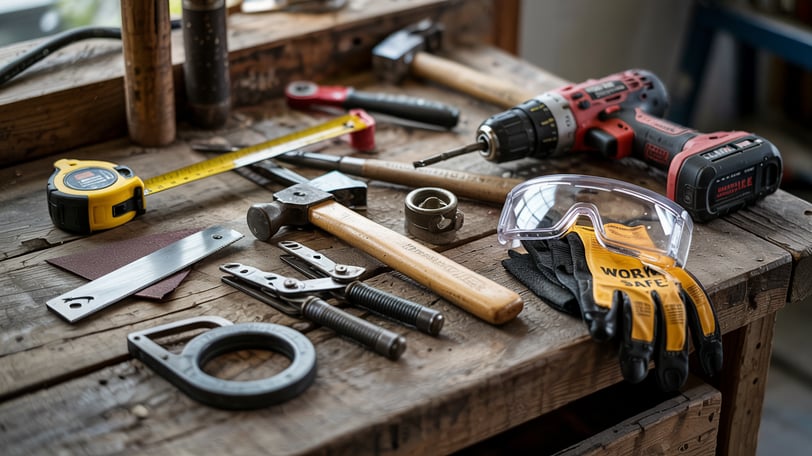

2. You Don’t Need a Fancy Workshop
A lot of people think you need a huge garage full of tools to get started. Not true. If you’re thinking about how to start woodworking with no experience, all you really need are a few basics.
Here’s what I’d grab if I were starting over:
Tape measure
Hammer
Cordless drill
Handsaw
A couple clamps
Sandpaper
Safety glasses and gloves
That’s it. You can add the fancy stuff like a jigsaw or miter saw later when you feel ready. Most people looking up "essential woodworking tools for beginners" just need a basic kit like this to get moving.
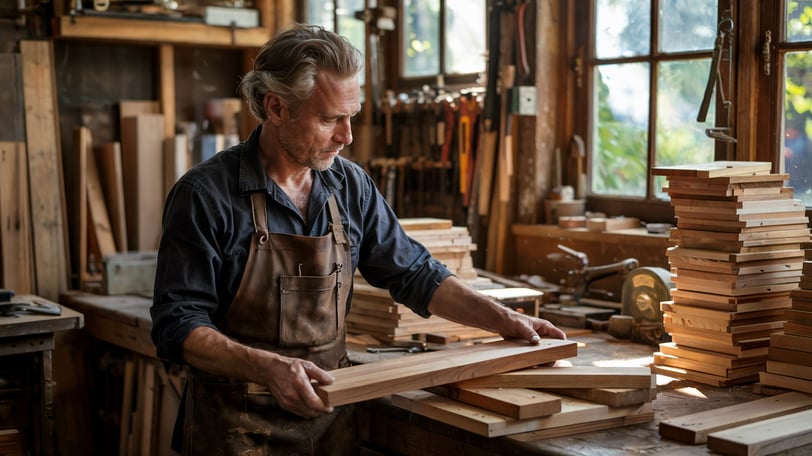

3. Learn by Actually Doing Stuff
I love a good YouTube tutorial as much as anyone, but here’s the thing — watching videos isn’t the same as doing. If you want to really learn how to start woodworking with no experience, you’ve got to pick up the tools and get your hands dirty.
Your first few projects might turn out a little rough. I know mine sure did. I drilled holes in the wrong places, cut boards too short, and messed up measurements more times than I can count. But every mistake taught me something that no video ever could.
The truth is, you’re not going to get good until you just start. Messy projects are part of the process.
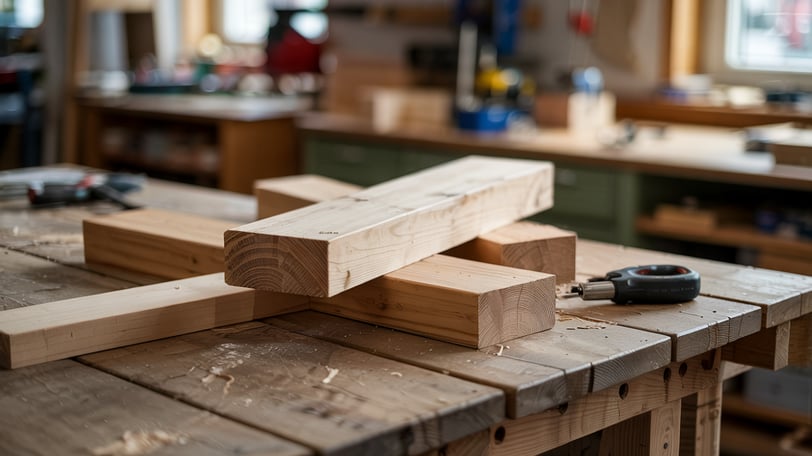

4. Pick the Right Wood to Start With
When you’re new, you don’t want to mess around with expensive or tough woods. I found that out the hard way.
Stick with beginner-friendly wood like:
Pine
Cedar
Poplar
Softwoods are easier to cut and sand, plus they’re cheaper — which is nice because mistakes will happen. And look for straight boards if you can. Crooked wood is a pain even for pros.
Lots of people search "best wood for beginner woodworking projects" because picking the wrong wood can make even a simple project way harder than it needs to be.
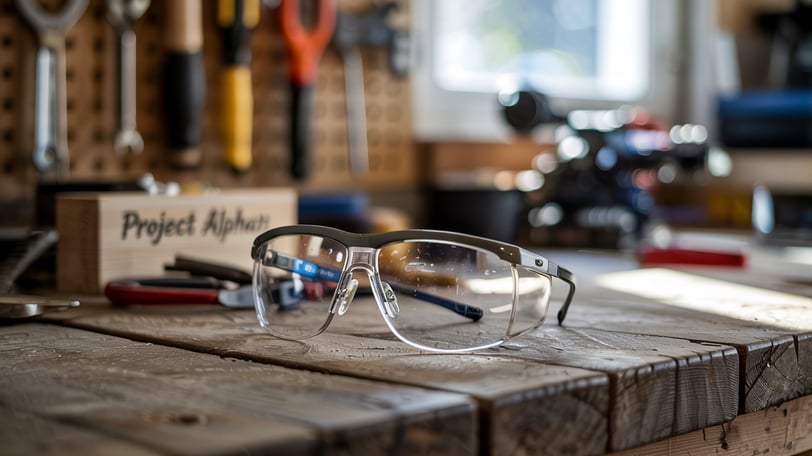

5. Don’t Skip Safety (Seriously)
I think this is one of those things everyone knows but kind of ignores at first. Trust me, though — getting into the habit of using safety glasses and gloves right away is huge.
Even simple tools can mess you up if you’re not paying attention. Get used to taking a few extra seconds to double-check stuff. In my opinion, it’s way better to be careful than to have a project end with a trip to the ER.
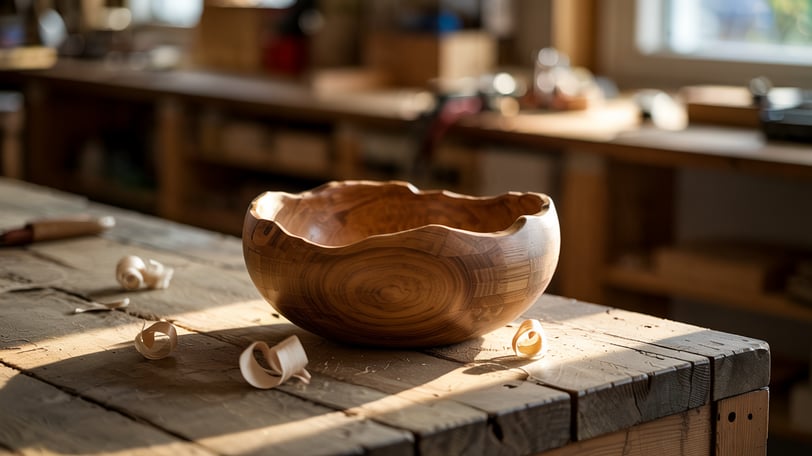

6. Find Other Woodworking Folks
One of the best things I did when I was starting out was getting involved in a woodworking community. Even just following a few groups online helped a ton.
It’s great because you can ask questions like:
Why does my shelf look so crooked?
Is this wood good for beginners?
What’s a good first project if I want something useful?
It’s nice not to feel like you’re just guessing all the time. Plus, seeing other beginners making stuff is super motivating.
Final Thoughts: You’re More Ready Than You Think
Honestly, if you’re thinking about how to start woodworking with no experience, you’re ready. You don’t need a ton of gear. You don’t need a workshop. You just need the willingness to screw up a little and keep going.
In my opinion, woodworking is one of those hobbies that’s way more forgiving than it looks. Start small, pick the right wood, don’t overthink it, and remember that even the pros started with shaky hands and bad cuts.
If you ask me, there's nothing cooler than making something with your own two hands. You’ll figure it out as you go — and you'll be proud you did.
